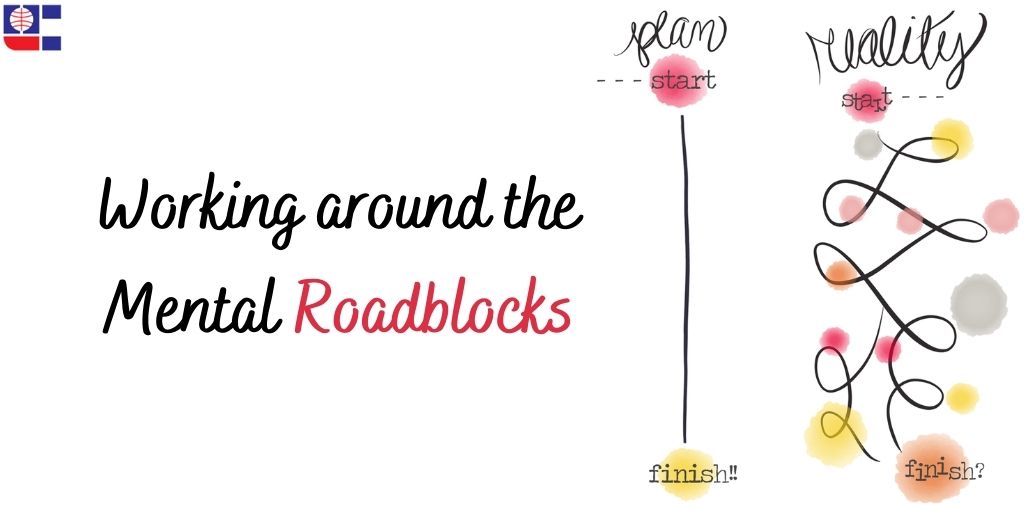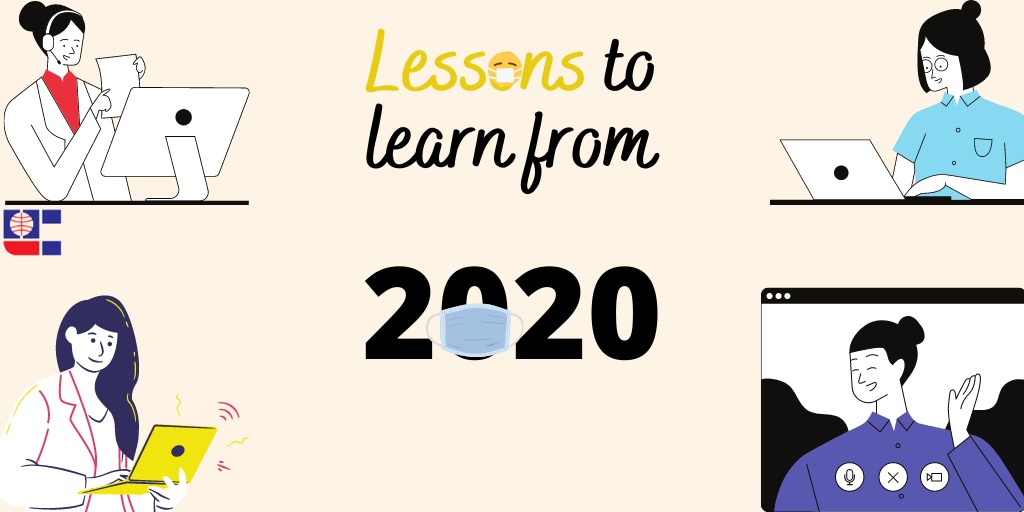
You have been brainstorming since many days now. The days seem to be blending into each other, but there is no solution in sight. It’s like we have hit a roadblock.
This could be a situation that one can apply professionally; we could very well be talking about an agenda that seems to be lying tangled since days. We could be talking about the struggle to come up with a solution that doesn’t upset any client nor the fortunes of the company.
The more you are thinking about the problem, the more you are dreading about it.
Does this not sound familiar? This is something that a newbie or a fresher might face early in their careers, when the task feels daunting; or an experienced, high-level manager might feel, when the task feels a doomed one from the start.
Problems are everywhere. Ideas and solutions are elusive. There are some problems, faced at various levels of experience, which have a simple solution. They say a task well begun is half done. But for that to happen, the very basic, essential, important and simple secret is to just begin.
At some point, the incessant use of post-it notes to chart out plans, the flowcharts and the brainstorming sessions about the task need an antidote; that is, to stop thinking about the task but actually start working on it.
The Flipside of Experience:
Often, it is not a lack of competence or a lack of skillset that stops us from finding solutions. It is often the opposite: it’s the abundance of experience. No, we are serious!
When we are used to working at a company, or when we have occupied a position for a long term, the flipside of experience comes in- we start thinking in boxes.
We get much too familiar with the problems, and their solutions. We also get much too familiar with problems and their lack of solutions. In our long tenures, we might have realised that when a task has been approached, since years, say, through X method, it doesn’t work out.
We simply give up on the task, assuming that since it has been unsuccessfully approached through method X in all these years, it is a doomed one.
But we forget that maybe, just maybe, trying a method Y could give us the solution we were looking for. The key lies in starting with a method Y, and noting where it leads one to. Often, the catch lies in not really finding a complex solution, but actually starting with a different solution, even a simple one.
Conquering the Newbie Fear:
Often, it is not the inability to finish, or a lack of a skillset that becomes a roadblock to a task. It is often the anticipation of failure.
We wonder if we are qualified enough to get this task done. We stare at the pile of papers and files, and we wonder how long will it take us to get this done.
Again, the simple key is to just start.
Like magic, as you get to work, you shall find some ways to conquer by focusing on a short term goal within that huge task.
You might realise that goal is not working, and so you shall refocus the goal to make it more achievable and realistic. And like magic, you shall find the ifs, buts and what ifs on your way, and you shall also find your ways around them.
The magic happens when we start. It could be starting with a new solution, never tried before, or it could be starting on a task, no matter how daunting it is, and no matter how unqualified you feel.
While this is not to say that by getting up and starting to work you shall always find that solution. The process might work or it might not yield as much as you thought it would. Moreover, the point is not to stop brainstorming and thinking. And one might question whether brainstorming about the task isn’t the same as working on the task. Brainstorming after a point can become a rejection of ideas. The point is to start working, reroute if necessary, redo if necessary. The point is to jump over the roadblock, be okay with stumbling a little; the point is to not sit staring at the roadblock.





